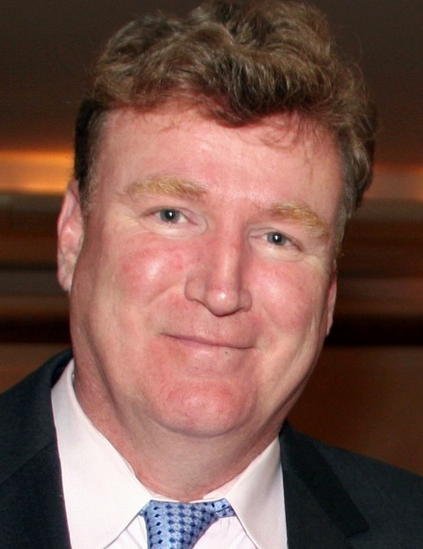Chuck Otey’s Pro Bono Barrister for November 12

Screen Shot 2013-11-12 at 9.07.46 AM.png
Good News for Newly Elected Kings Judges
There’s good news for seven Brooklyn jurists who were elected or re-elected last Tuesday. First, the winning Supremes: Justice Bernard J. Graham, Justice Desmond Green, Justice Dawn M. Jimenez-Salta, Justice Kenneth Sherman and Justice Betty Williams.
Three of these — Hons. Graham, Sherman and Williams — are currently “acting,” while Hons. Green and Jimenez-Salta are in Civil Court,